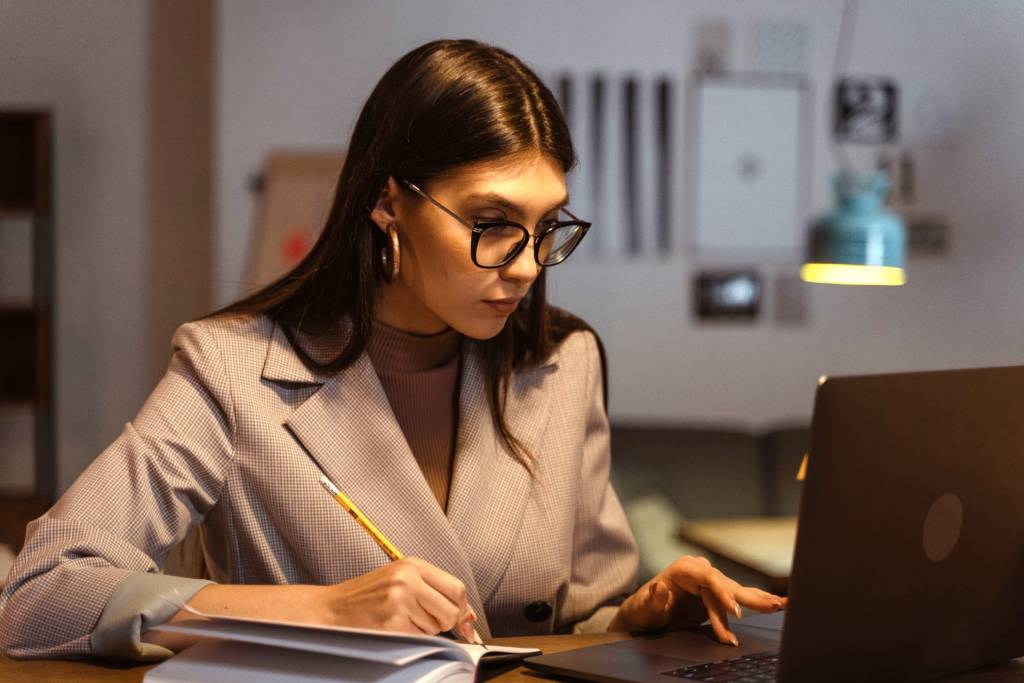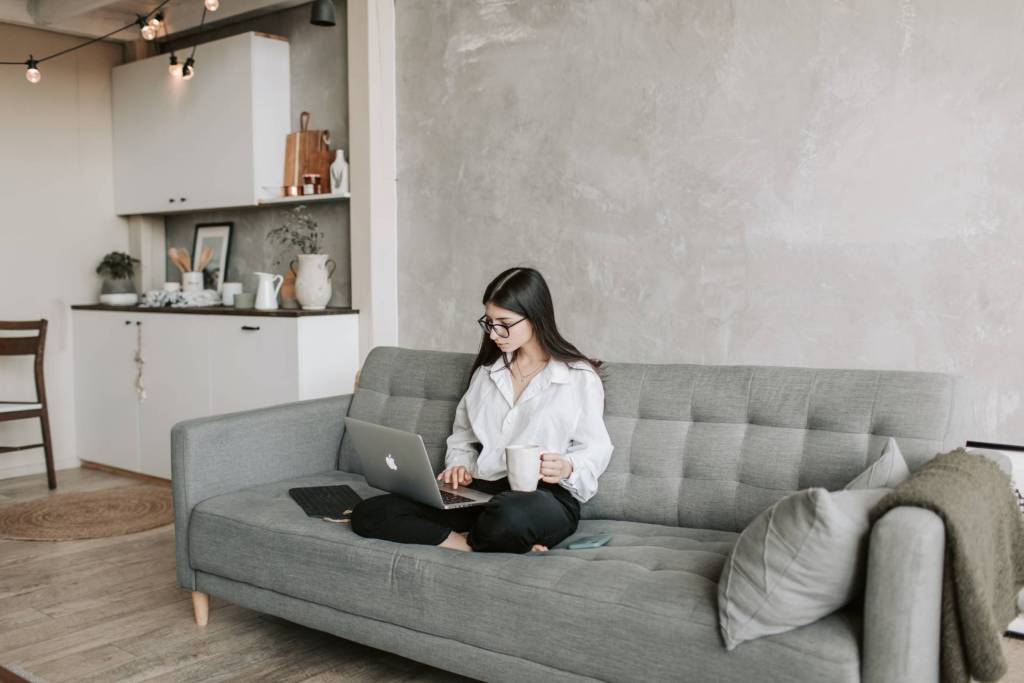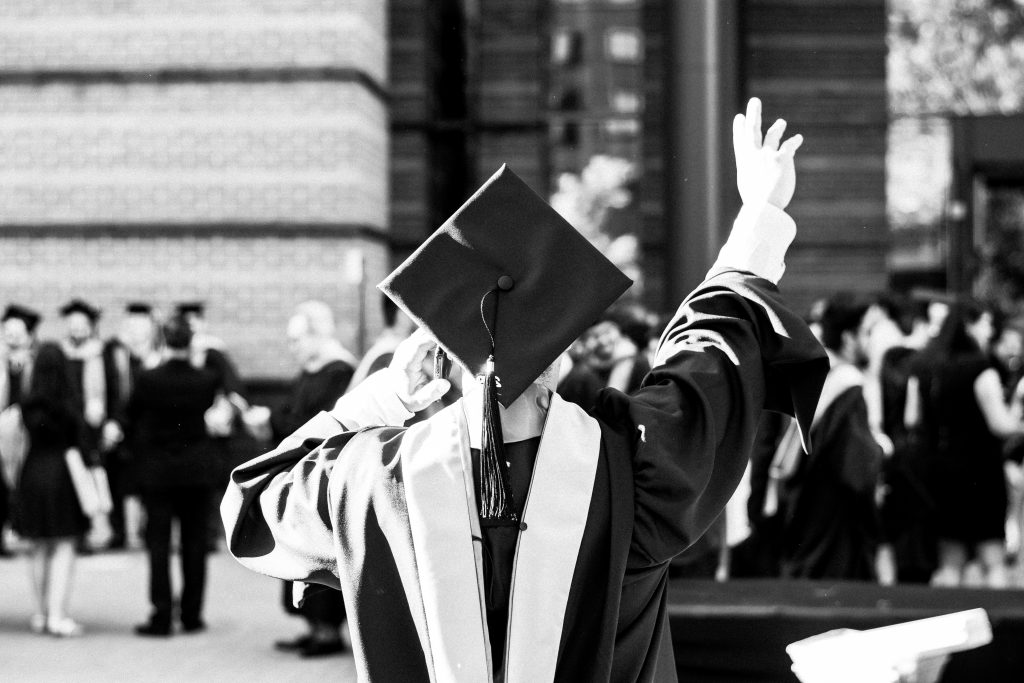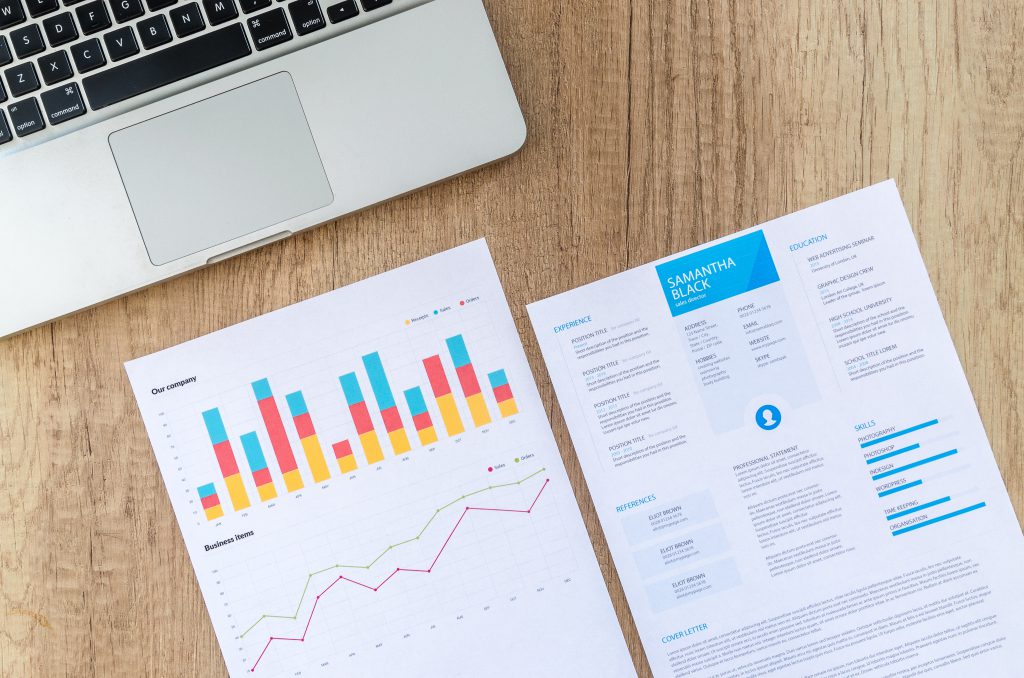Most if not all people feel nervous before and during a job interview. For the past several years, I’ve been helping people prepare for job interviews. I’m also a very experienced interviewer, but recently, when asked to be on a radio talk show, I went through the same emotions and nervousness as all my clients do—despite my vast experience. It’s normal. I just now listened to an interview of famous Italian opera singer Luciano Pavarotti in which he revealed that—despite his years and years of seven-day-a-week vocal practice and endless stage appearances in front of thousands of people in an audience— he felt very nervous every time he appeared on stage.
A job interview is nothing less than an oral exam for which a person typically prepares ahead of time. And there’s nothing wrong with being a bit nervous, provided you know how to turn such nervous energy into a positive outcome. Otherwise, the nervousness can undermine your efforts and manifest itself in sweaty palms, dry mouth, difficulty thinking and focusing, talking very fast with poor enunciation, and eyes darting all over—all of which lead to a poor image and a downward spiral in self-confidence.
Sometimes the interviewer may not be attentive, or may demonstrate lack of deep interest, or may act visibly distracted and unfocused, or may feel hurried and simply not into it. That predicament generates strong negative feelings for the interviewer, especially when the job candidate wants to be liked and convincing and to appear professional and valued with the anticipation of getting a job offer. So let’s see how to deal with this daunting predicament.
First, you need to be very well prepared, with knowledge of the company and lots of facts and details about it. It’s also important to learn as much as possible about the interviewer or even several interviewers and, most of all if possible, about the challenges they’re facing. Having information on those issues via past, similar experiences with successful outcomes arms both parties with confidence. Second, position yourself to face the interviewer so that your shoulders are parallel to the interviewer’s shoulders. Think about the image of the anchor person reading the evening news on TV: make solid eye contact, but don’t stare, because that can make the interviewer almost freak out. Have both your feet squarely on the floor, and place your hands comfortably—whatever feels normal for you. Don’t cross your arms or lock one hand into the other with your fingers interwoven. It is perfectly normal to gesture, but minimally. Gesturing helps make emphasis and—combined with the words you say and the context—can make your responses even better. Think about American presidents making their famous speeches.
The main success factor in overcoming interview jitters and anxiety lies in practicing mock interviews with a competent trainer to the point that you feel confident. And then do a little more just for good measure. So, this has been my advice. What has been your experience? Please feel free to comment.













